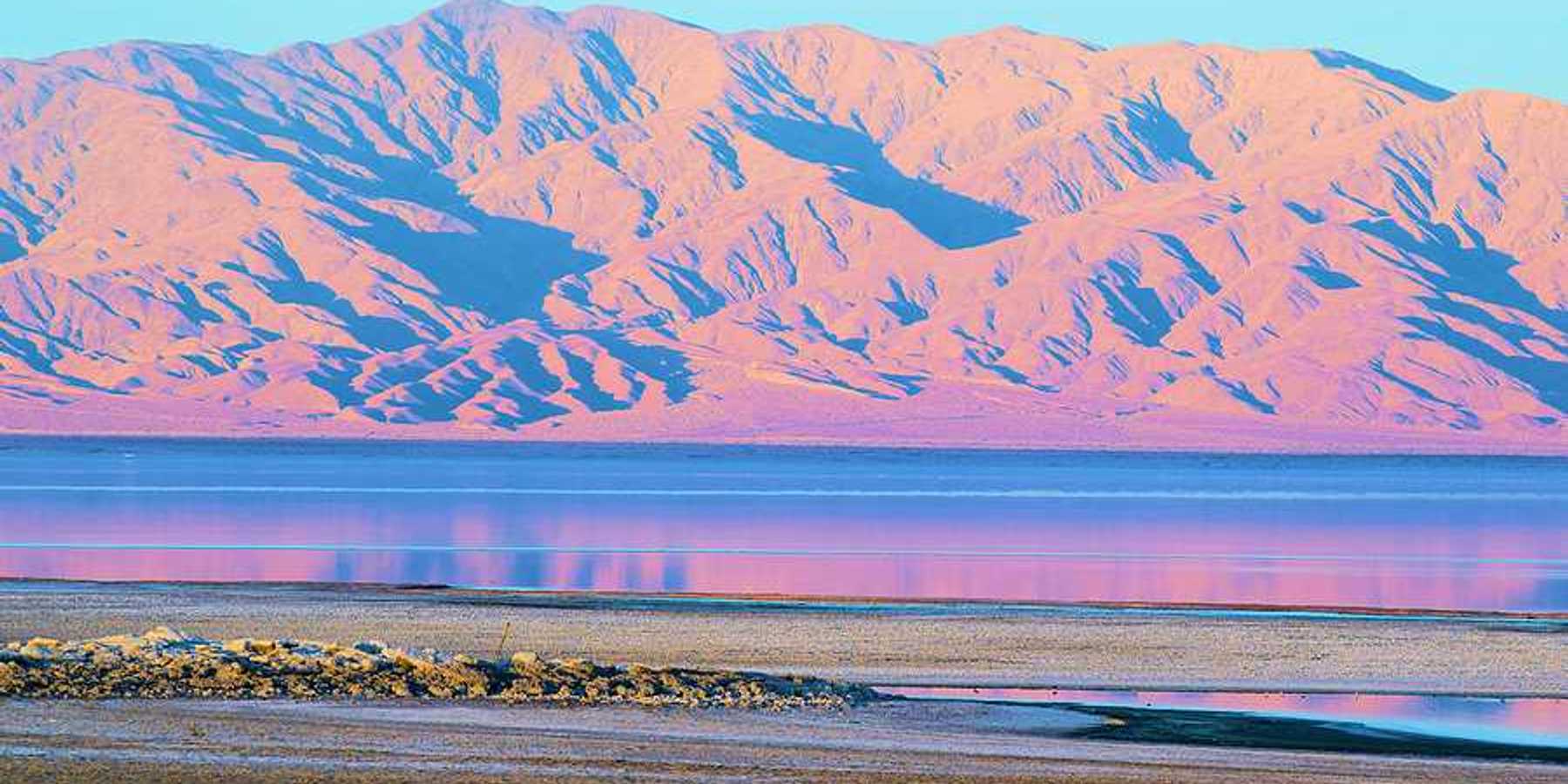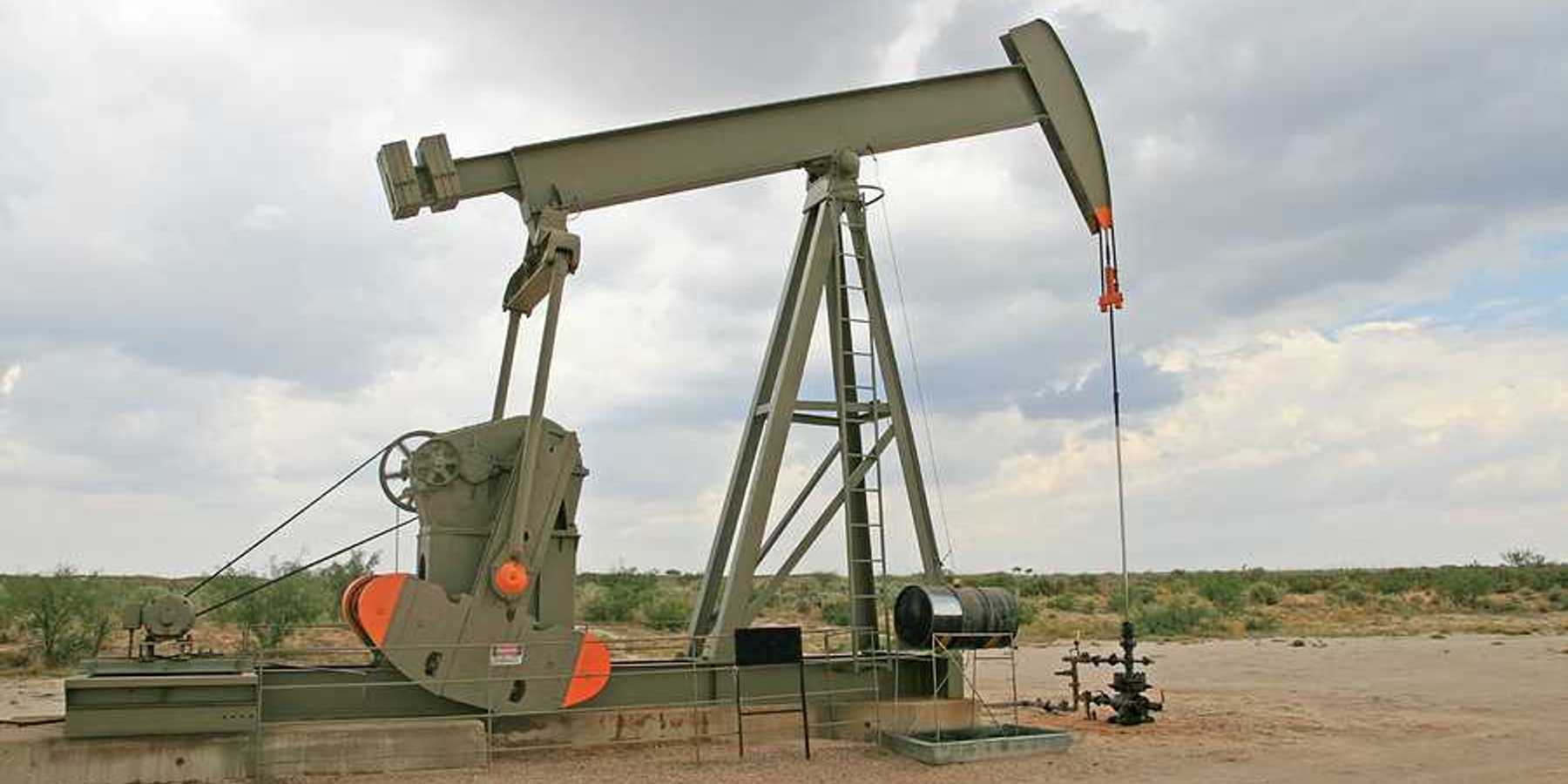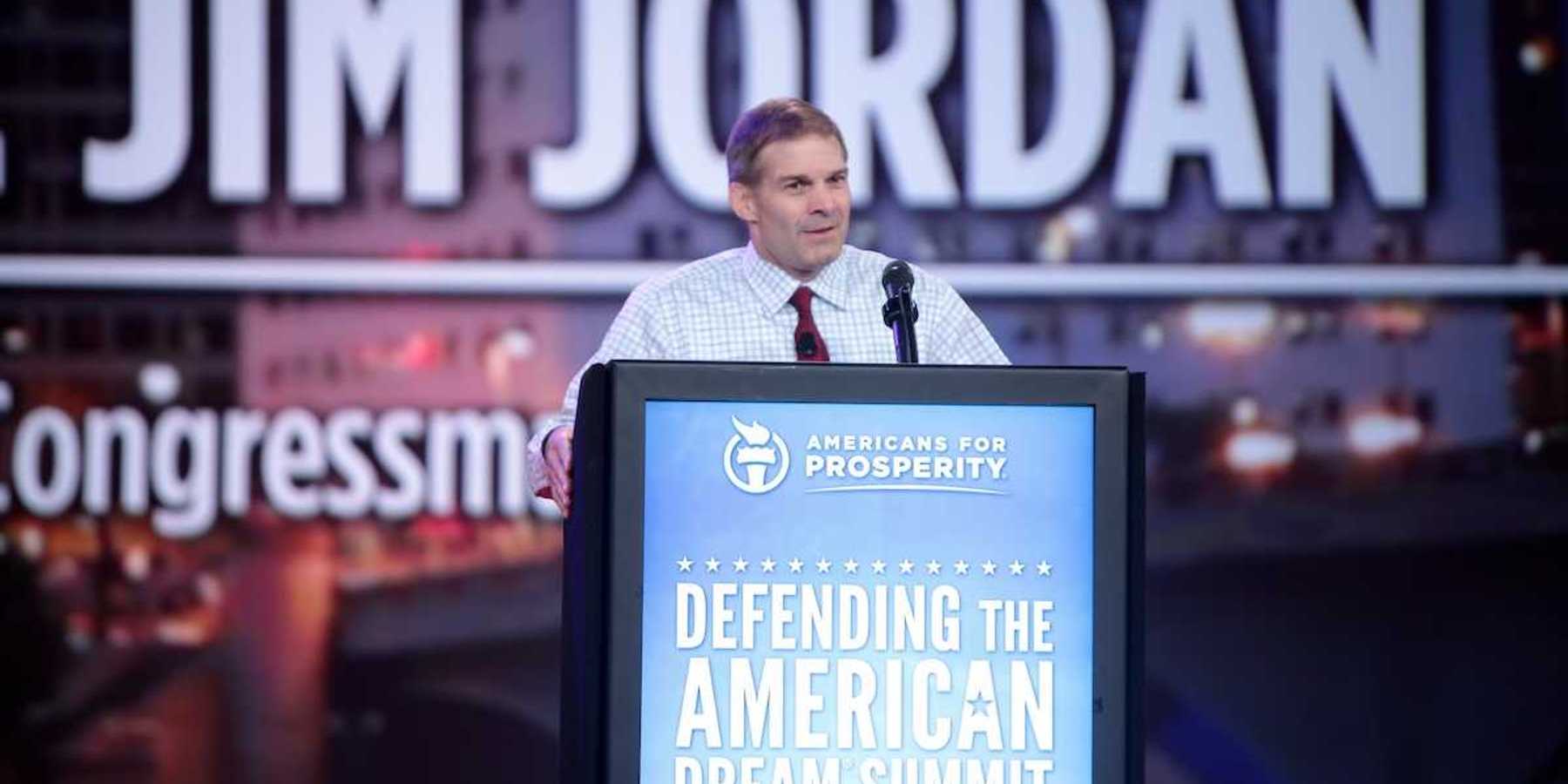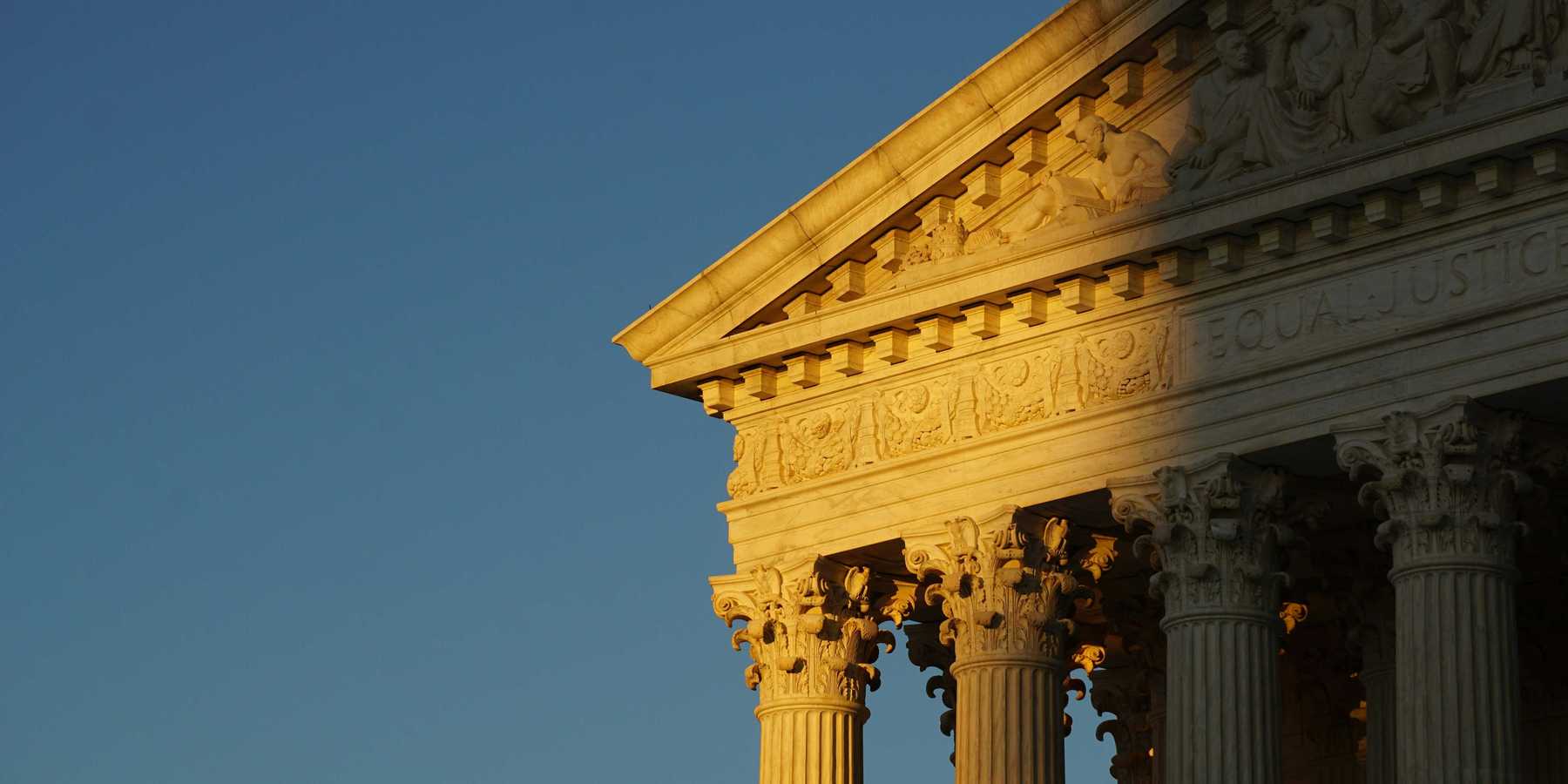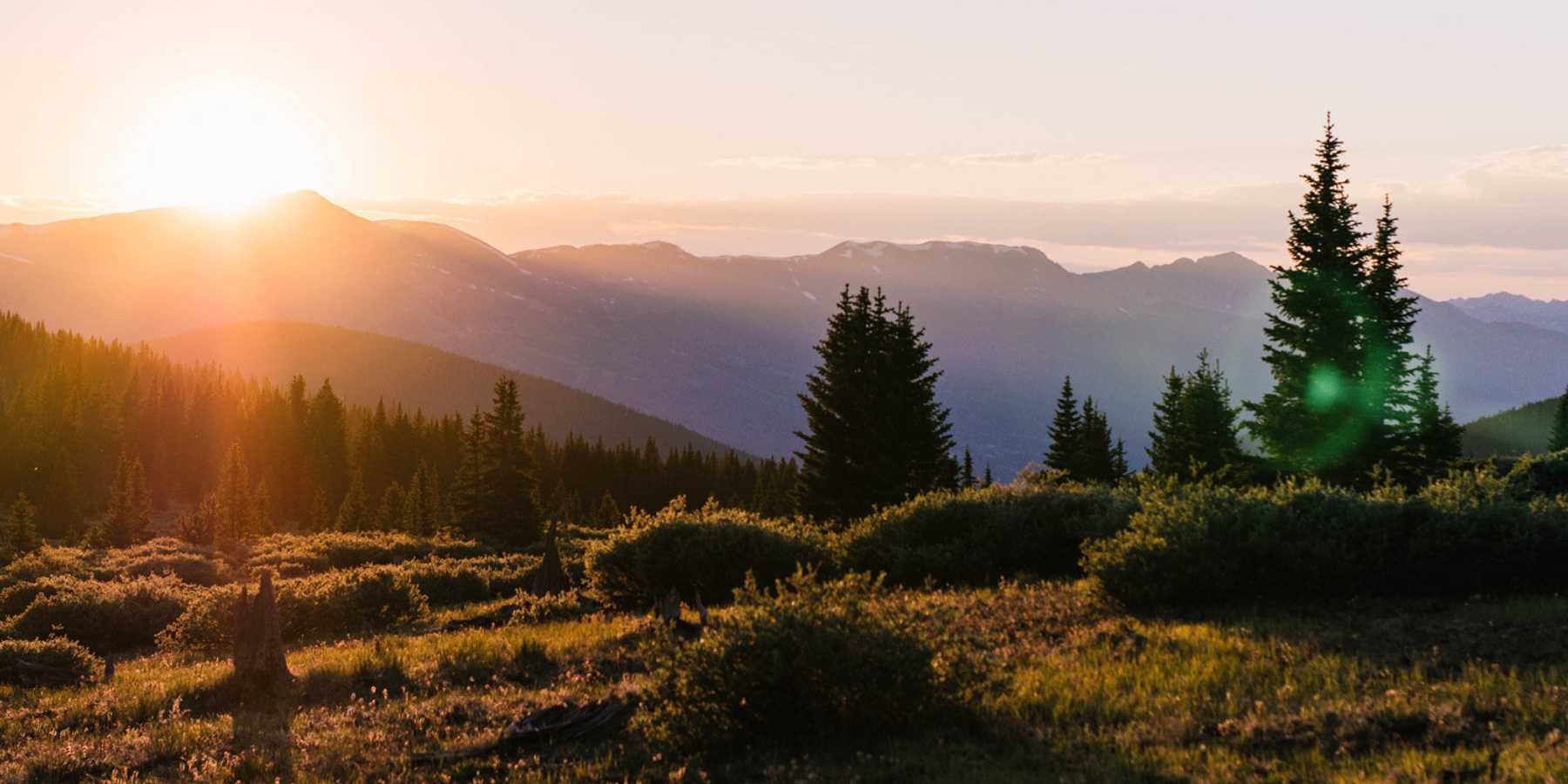
Reporters gather to talk environment, health, climate
The world's largest gathering of environmental journalists kicks off today in Fort Collins, Colo.
The world's largest gathering of environmental journalists starts today, with hundreds of journalists focusing on climate change, energy development, water scarcity, population growth and environmental health.
The Society of Environmental Journalists' 29th Annual Conference kicks off at the Colorado State University campus in Fort Collins, Colo. Much of the discussion will focus on the strain explosive growth in recent decades has placed on environmental health and sustainability goals.
EHN.org senior editor Brian Bienkowski will be there, hosting a Saturday panel on environmental justice and harmful chemical exposures. And EHN.org regional reporter Kristina Marusic will travel from Pittsburgh to accept her honorable mention for beat reporting during the SEJ Journalism Awards luncheon. Follow them on Twitter at @EnvirHealthNews, @TheDailyClimate and @KristinaSaurusR.
The five-day conference includes sessions on climate change, energy development, water scarcity and politics, public lands management, agriculture and social justice (and injustice). "These are themes and topics central to this region—and to the rest of the country and the world," write conference co-chairs Susan Moran, a freelance journalist and host of KGNU's science show, "How On Earth", and Joshua Zaffos, a High Country News correspondent and environmental communications instructor at Colorado State University.
You can also track reactions and insight gleaned by reporters—and sources—from across the nation and world as events unfold by tracking the hashtag #SEJ2019.
Full agenda
Wednesday starts with workshops on covering Indian Country and climate change, among others, and include speakers such as Ed Maibach of George Mason University's Center for Climate Change Communication.
Thursday shifts the entire conference to the field for reporting trips to the state's oil and gas fields, the National Renewable Energy Laboratory and Rocky Mountain National Park, among other destinations.
Friday and Saturday are dedicated to plenary and concurrent sessions, including Bienkowski's session on environmental justice and endocrine-disrupting chemical exposure. Speakers include Patricia Hunt of Washington State University, Tamarra James-Todd of Harvard University's T.H. Chan School of Public Health and freelance reporter Lynne Peeples.
Sunday concludes with authors Joel Berger, Beth Gardiner, Heather Hansman and Laura Pritchett talking books and botany.


